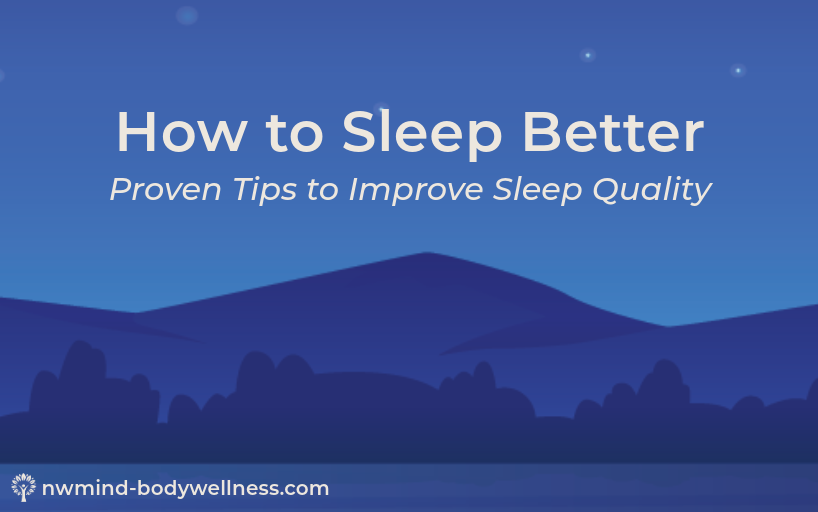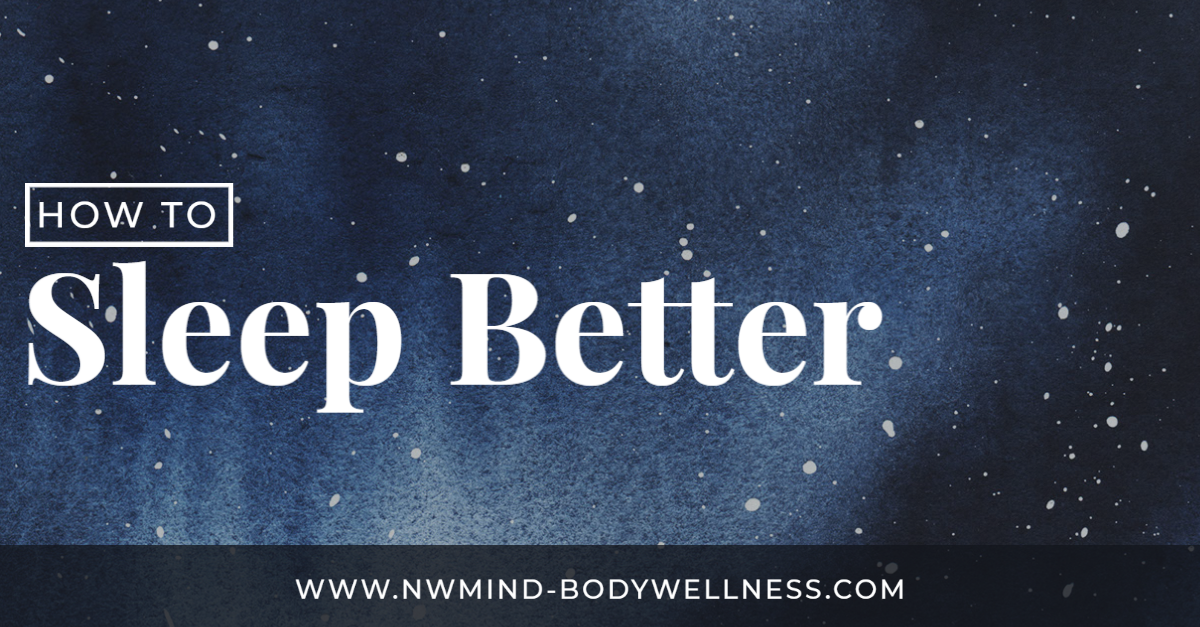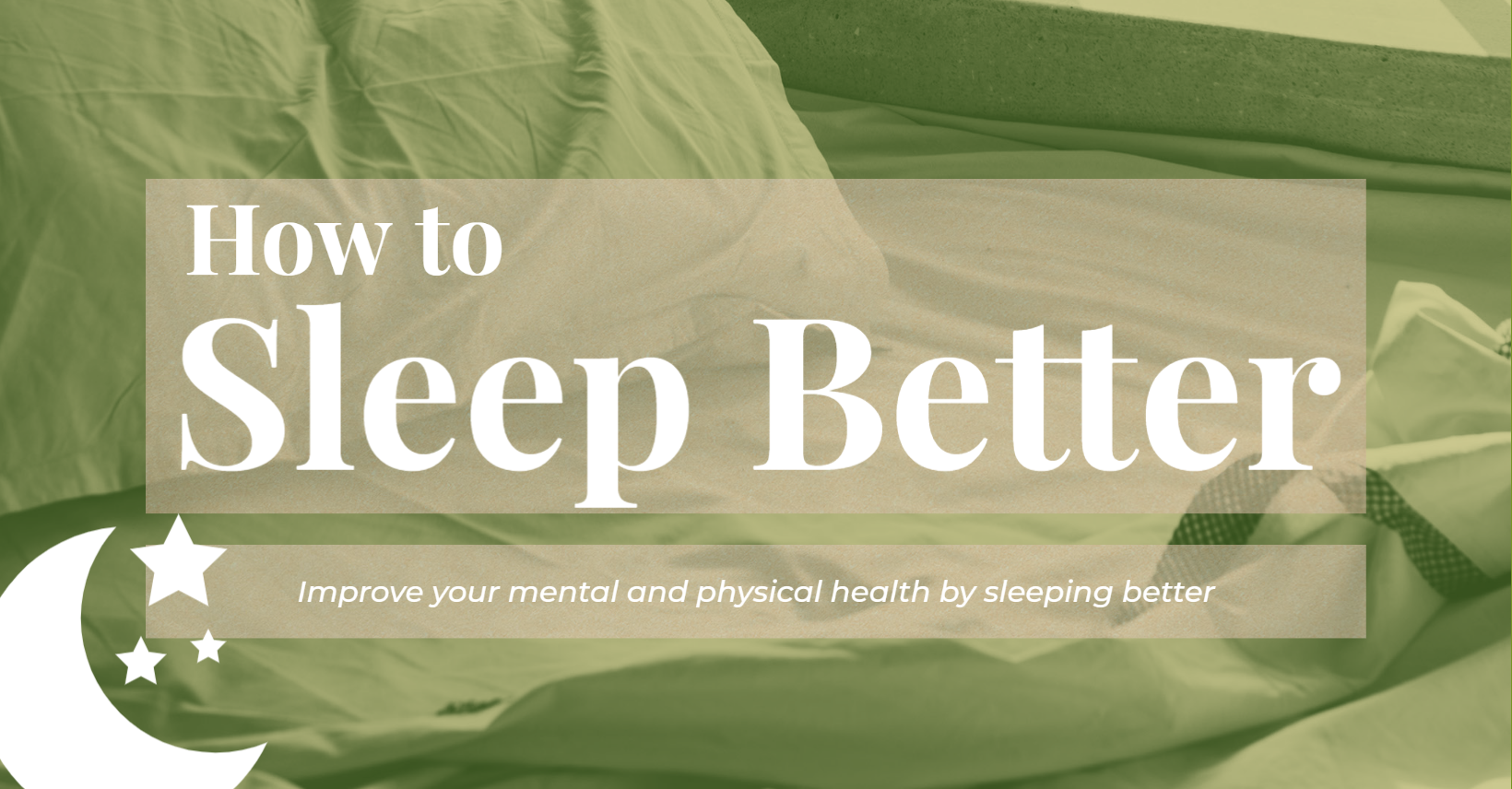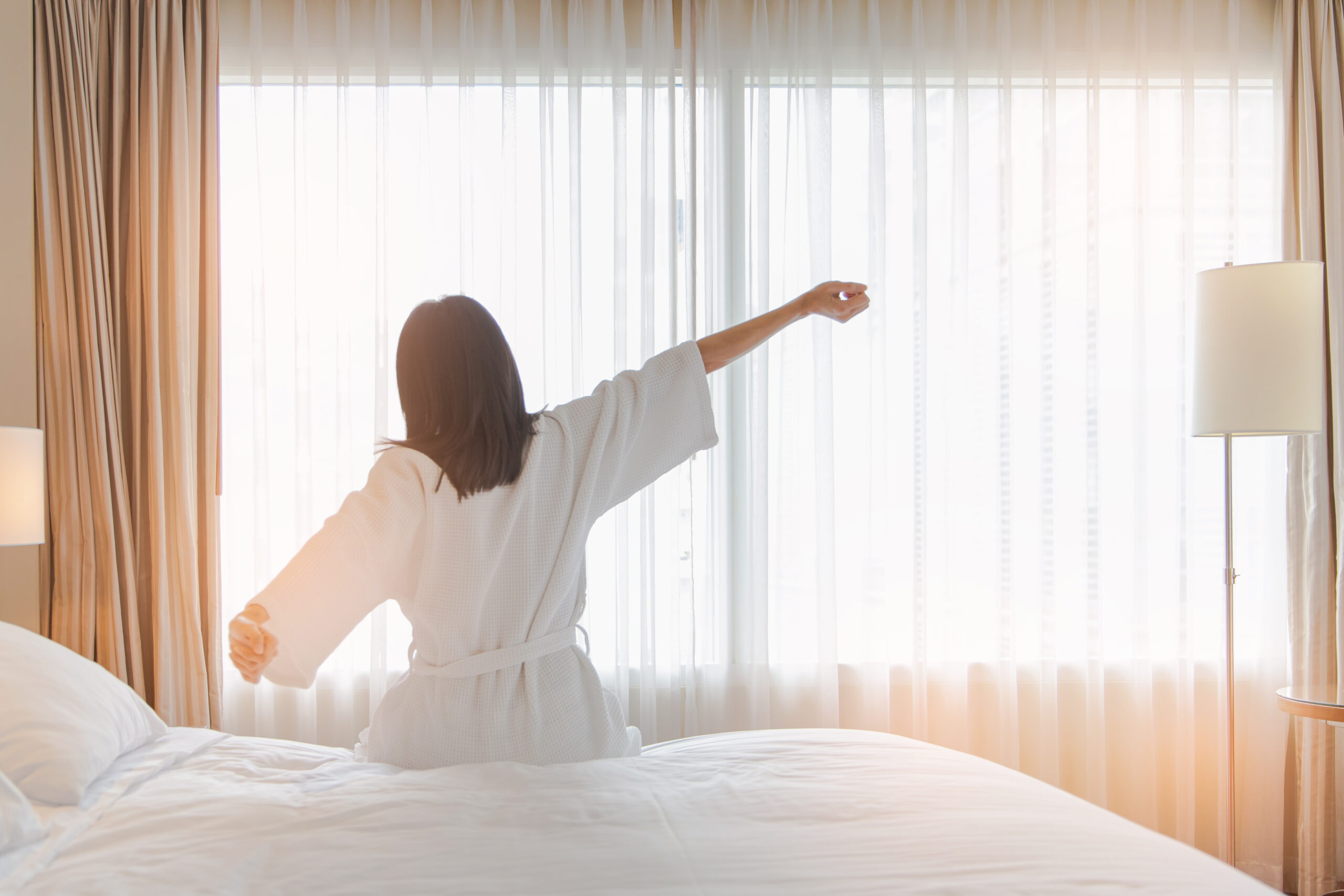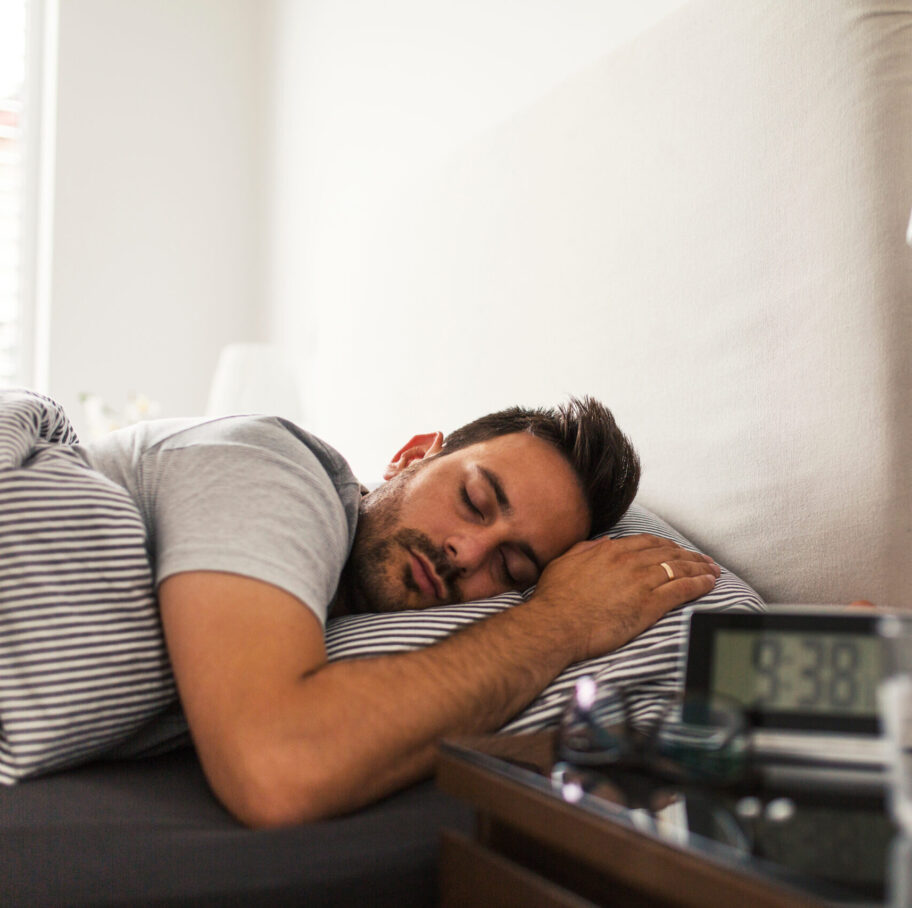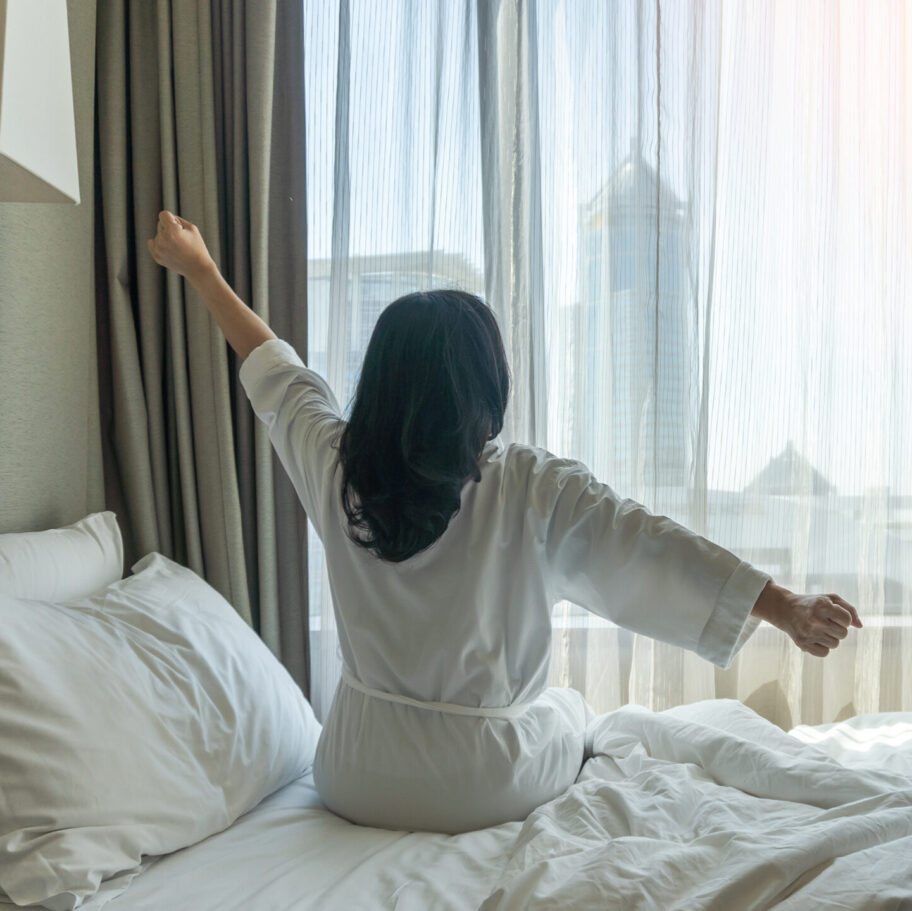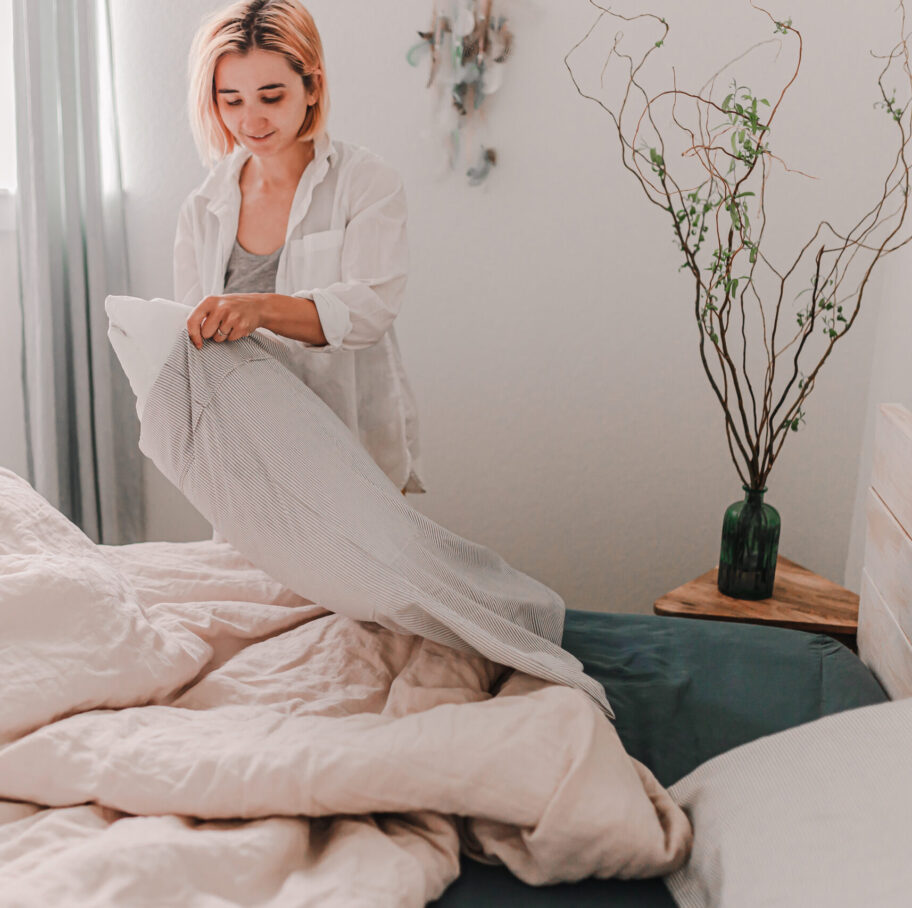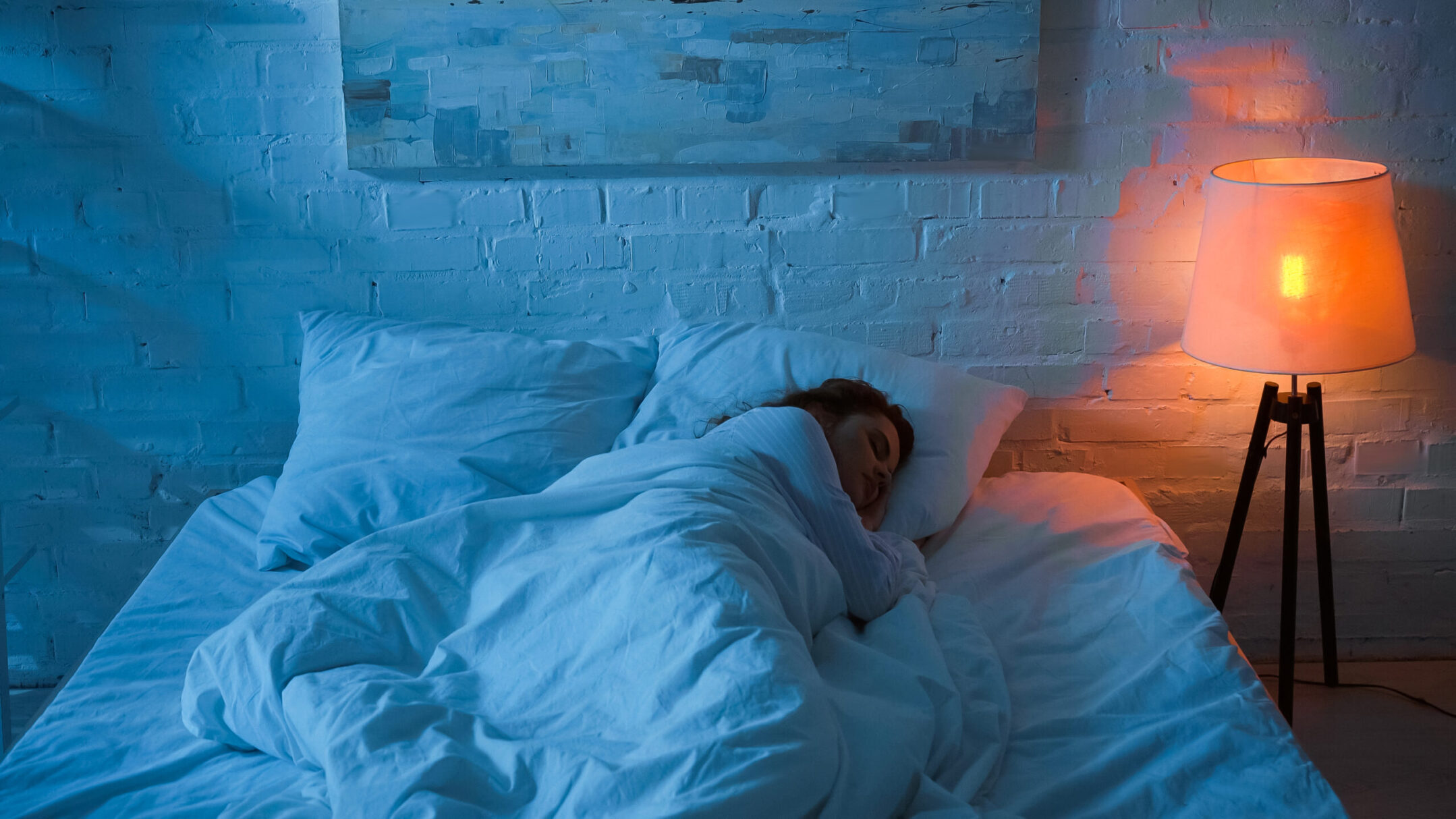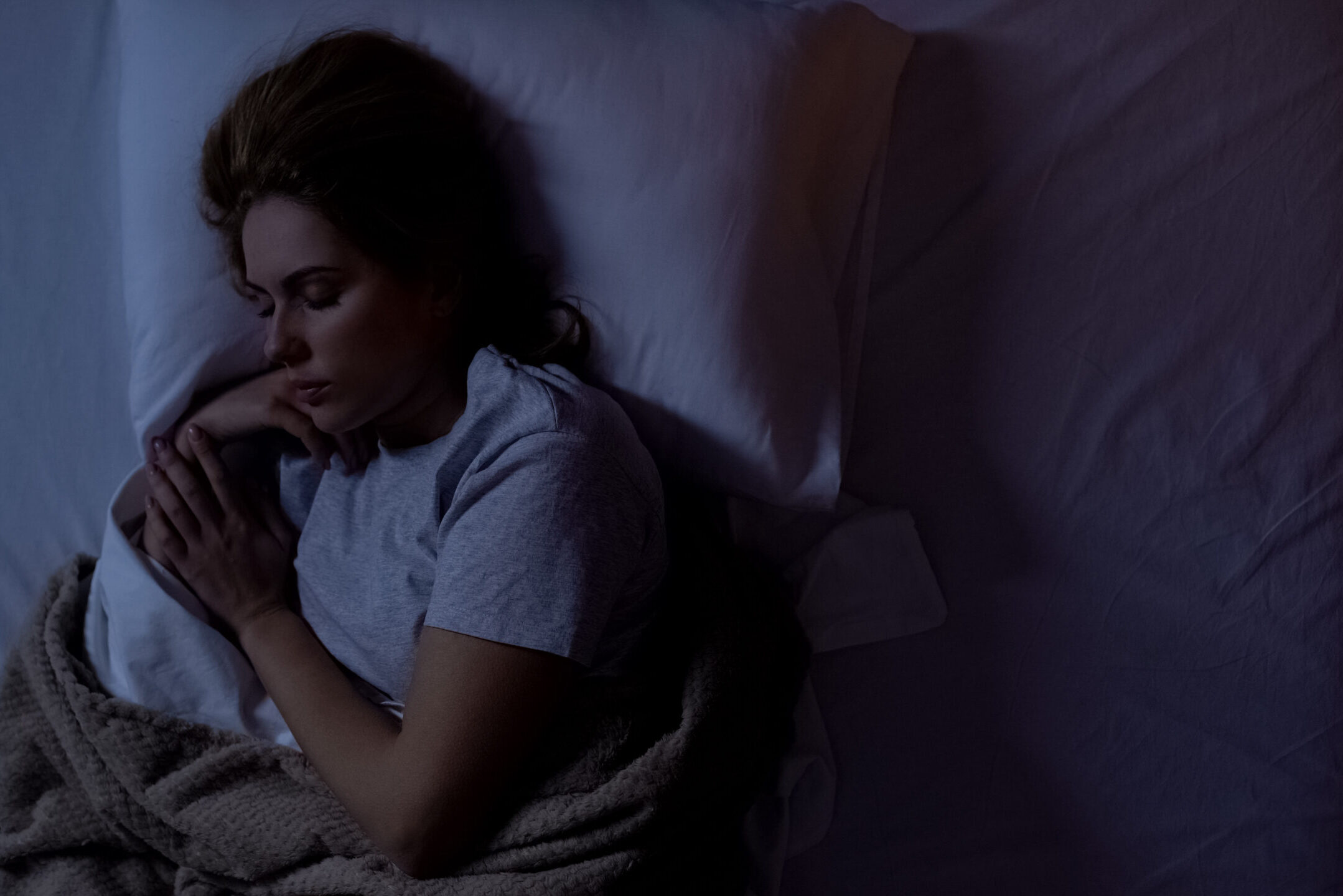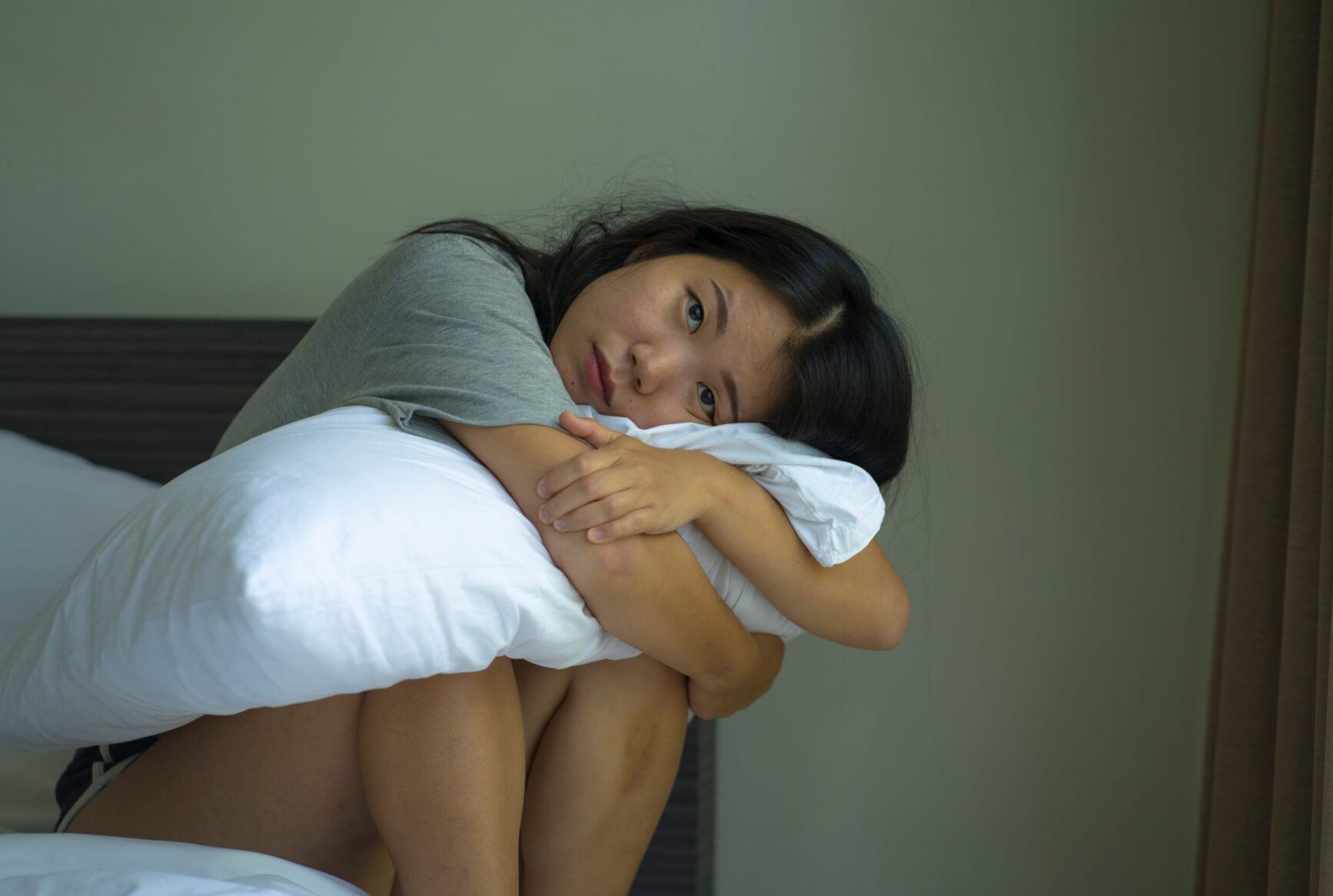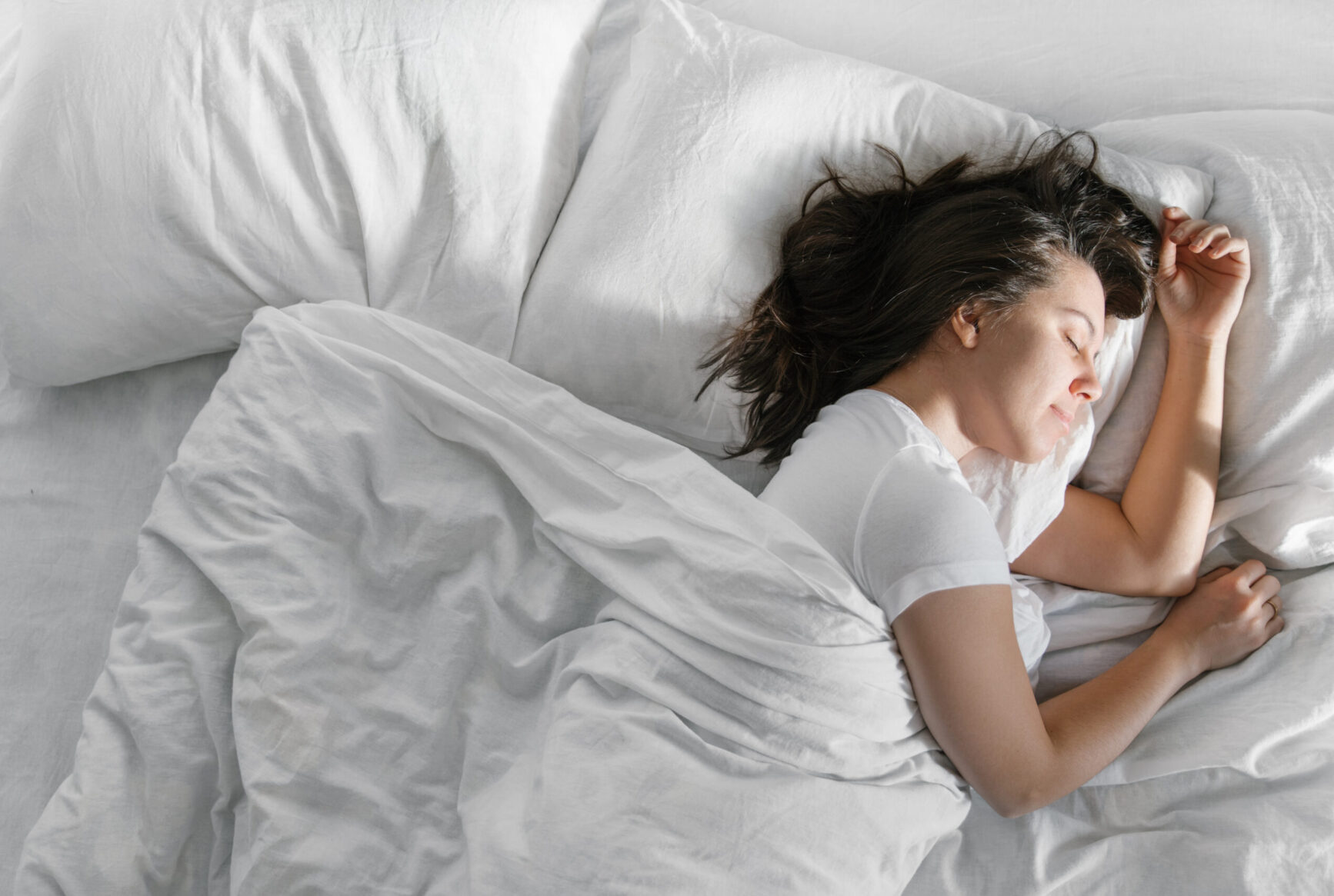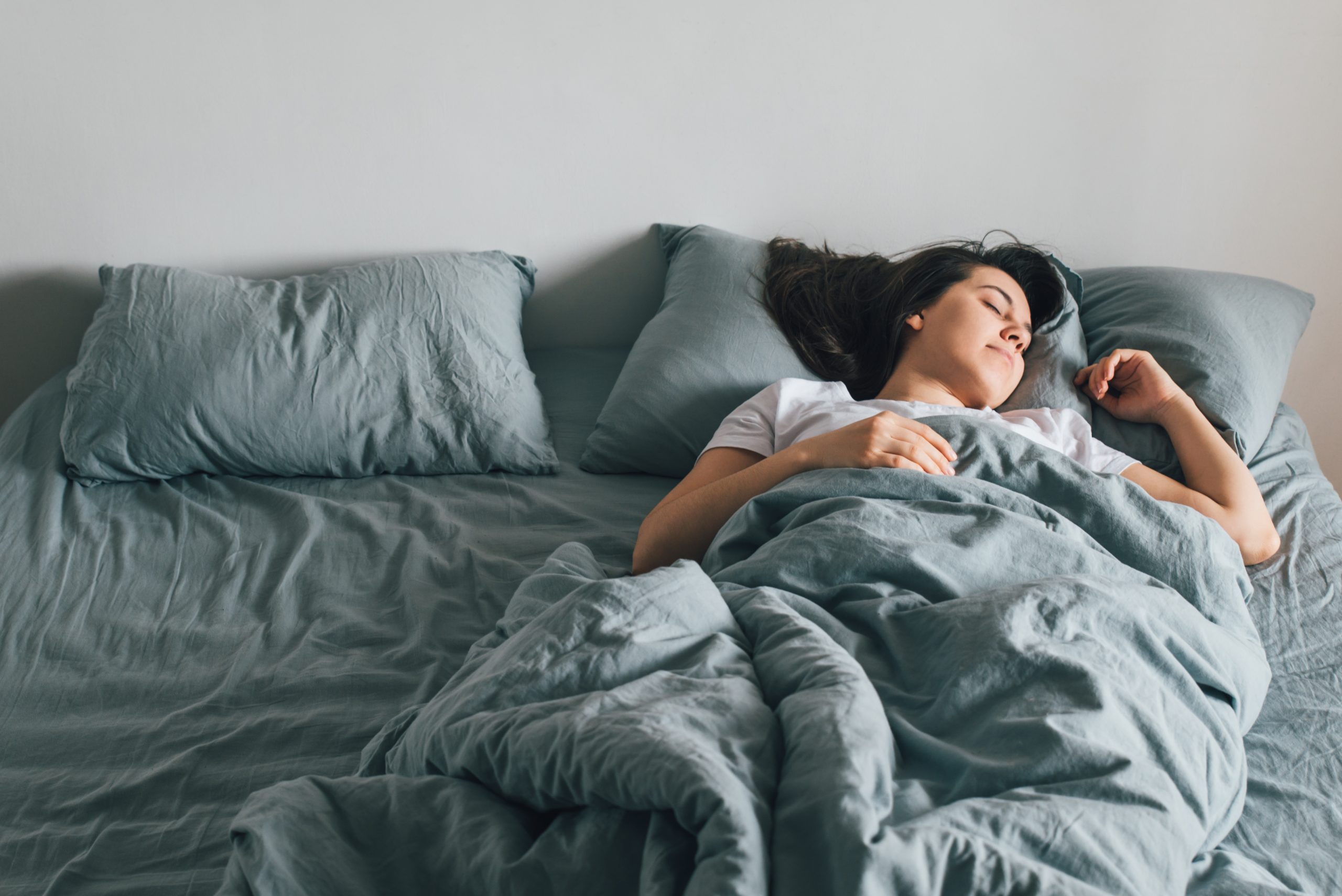How to Sleep Better: Proven Tips to Improve Sleep Quality
Getting enough restful sleep is essential for maintaining good health, yet many people struggle to achieve quality sleep night after night. Whether due to stress, poor habits, or lifestyle factors, sleep issues are common—but they don’t have to be. Fortunately, there are many proven ways to improve both the quality and duration of your sleep.
If you’re wondering how to sleep better, here are 6 simple yet effective tips to help you rest more soundly and wake up feeling refreshed.
Understand How Much Sleep You Need
One of the first steps in improving your sleep is understanding how much sleep your body actually needs. While sleep requirements vary slightly from person to person, the Centers for Disease Control and Prevention (CDC) provides general guidelines:
- Teens (ages 13–18): 8–10 hours per night
- Adults (ages 19–60): 7+ hours per night
- Adults (ages 61–64): 7–9 hours per night
- Adults (ages 65+): 7–8 hours per night
By knowing your ideal sleep duration, you can create a realistic sleep schedule and prioritize your sleep needs.
Stick to a Consistent Sleep Schedule
One of the best ways to improve sleep quality is to establish and stick to a consistent sleep schedule. Going to bed and waking up at the same time every day—yes, even on weekends—helps regulate your body’s internal clock, making it easier to fall asleep and wake up naturally. Consistency is key when it comes to sleep!
Avoid Caffeine, Heavy Meals, and Alcohol Before Bed
What you consume in the hours before sleep can impact how well you rest.
- Avoid large meals: Eating a heavy dinner right before bed can make it harder for your body to relax and fall asleep.
- Limit caffeine intake: Caffeine (found in coffee, tea, chocolate, and some sodas) is a stimulant that can interfere with your ability to fall asleep, even if consumed several hours before bedtime.
- Be mindful of alcohol: While alcohol may initially make you feel sleepy, it can disrupt your sleep cycle and reduce sleep quality.
To improve sleep quality, it’s best to avoid these three things in the evening to help your body wind down naturally.
Create a Relaxing Bedtime Routine
Taking time to unwind before bed is crucial for preparing your body for sleep. If you’re feeling stressed or anxious, try writing down your thoughts or creating a to-do list for the following day to clear your mind. Then, engage in a relaxing activity like reading, meditating, or practicing deep-breathing exercises.
Incorporating a relaxing bedtime routine helps signal to your body that it’s time to wind down, making it easier to fall asleep and improve sleep quality.
Optimize Your Sleep Environment
Creating the right sleep environment is essential for a restful night’s sleep. Here are some tips to improve your sleep environment:
- Keep your room dark: Use blackout curtains or an eye mask to block out any light, as even small amounts of light can interfere with your body’s natural sleep cycle.
- Cool the room: A cooler room (ideally around 60–67°F or 15–20°C) is optimal for better sleep.
- Invest in comfortable bedding: Ensure your mattress and pillows provide the support you need for proper alignment and comfort.
A comfortable sleep environment can significantly impact how well you sleep and how quickly you fall asleep at night.
Consider Professional Help for Sleep Issues
If you’ve tried these sleep tips and still struggle with poor sleep, it may be time to seek professional help. Conditions like insomnia, sleep apnea, or other sleep disorders could be affecting your rest. A healthcare provider can offer advice and may recommend treatments, therapies, or tests to address any underlying sleep issues
Additional Resources for Better Sleep
- To learn more about your sleep and possible sleep disorders, we recommend contacting your health care provider.
- For more expert advice and tips on improving sleep hygiene, check out these resources:
- CDC “Tips for Better Sleep”: https://www.cdc.gov/sleep/about_sleep/sleep_hygiene.html
- Mayo Clinic “Sleep Tips: 6 Tips to Better Sleep”: https://www.mayoclinic.org/healthy-lifestyle/adult-health/in-depth/sleep/art-20048379
Better Sleep is Within reach
Better sleep is within reach! By understanding your sleep needs, sticking to a consistent schedule, and optimizing your sleep environment, you can improve your sleep quality and wake up feeling more refreshed and energized. Good sleep hygiene is a critical component of overall health, so making these changes could have lasting benefits for your mind and body.
At NW Mind-Body Wellness, we understand the vital connection between sleep and mental health. Poor sleep can contribute to stress, anxiety, and other mental health challenges, while improving your sleep can enhance overall well-being and emotional resilience. Whether you’re struggling with sleep disturbances or simply looking to improve your sleep hygiene, our compassionate team is here to support you on your wellness journey.
With locations in Wilsonville and Salem, Oregon, we offer a range of services designed to help you achieve balance, both in body and mind. If you’re ready to take the next step toward better sleep and improved mental health, contact us today to learn more about how we can help.
Return to home page: https://nwmind-bodywellness.com/
Read more articles: https://nwmind-bodywellness.com/articles
